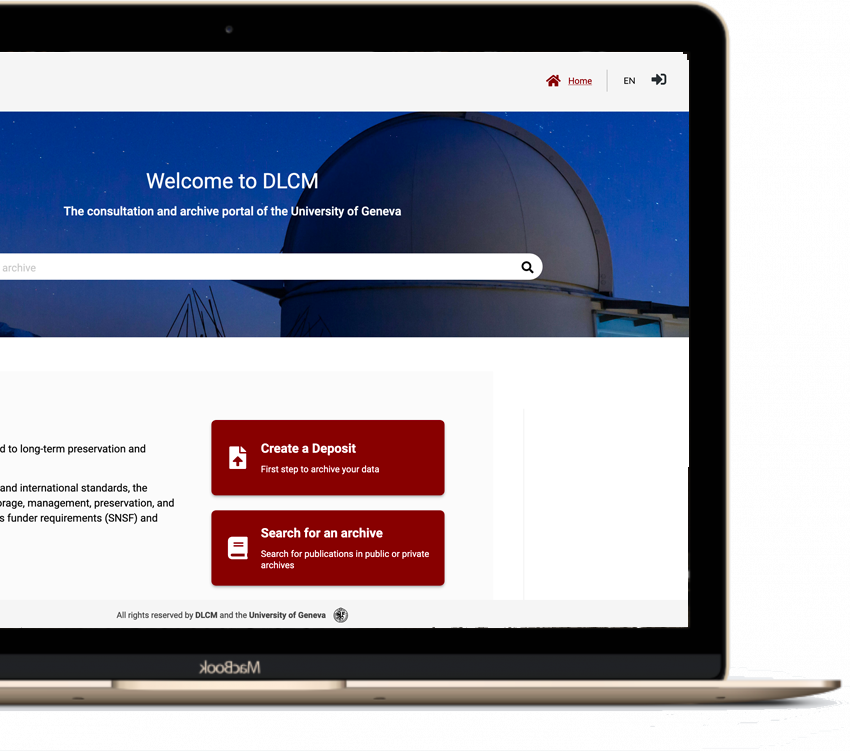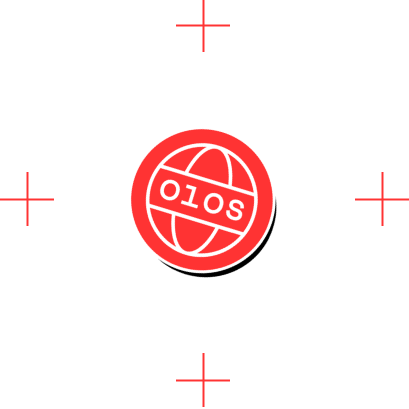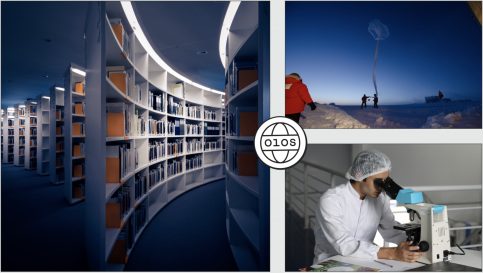
Our intuitive interface doesn’t compromise on functionality.
We are aware that data-based applications can occasionally be overwhelming for users. OLOS, on top of being intuitive, makes data management fully functional.
OLOS is 100% built on top of open-source technologies and non-proprietary protocols to keep the solution flexible, scalable and open to future developments and upgrades. This means that you may use the infrastructure that best fits your institutional needs.
OLOS maintains an agnostic view towards file formats and object types, which enables it to preserve essentially any type of file. It is intended to be generic to the broadest range of research datasets. OLOS does not aim to replace discipline- or community-specific repositories, but to complement their use by offering a solution compliant with international standards for preservation, accessibility and reuse of data.
The modular architecture of the solution makes it easy to add functionalities to OLOS without affecting the core. Developments can take place independently across the various modules of the solution, and RESTful APIs provide scalability and large-scale performance for the distributed modules and integrated systems. The well-documented RESTful APIs are suitable for an easy integration of OLOS with your preferred applications and services, and ensure that your data never get locked in a single system.
Fully compliant with all current standards and regulations.
Compliance with funders and FAIR principles are one of the most important factors in data storage. Standards and protocols were minutely implemented in OLOS in order to perfectly preserve your research data.
OLOS relies on existing data centers in Switzerland for archival storage, making it suitable to preserve your sensitive data according to the legal provisions (Federal Act on Data Protection).
OLOS follows FAIR principles and is eligible for funding for data upload for researchers under a SNSF grant.
OLOS is compliant with ISO 14721: Open Archival Information System (OAIS) reference model from ingestion to access, and their administration. Information packages formats are based on open specifications to ensure interoperability with various system implementations and to avoid technology lock-in. The primary function of the solution is to process data by turning them into submitted deposits (or SIP-Submission Information Packages), applying a set of policies to create high-quality archives (AIP-Archival Information Packages) using Bagit file packaging format, and uploading web-ready copies of datasets (DIP-Dissemination Information Packages) to multiple access systems (e.g. OLOS web portal, IIIF server, etc.).


Designed for every researcher, optimised for every discipline.
OLOS focuses on many different research disciplines and is perfectly geared to handle a variety of research methods.
OLOS uses Angular (an open-source JavaScript framework) to create a better and more efficient user experience. Angular framework allows OLOS development team to remain focus on the core logic of the DLCM solution while offering a smooth yet powerful portal, rich in content, fast to load and easy to use, with a modern interface design. OLOS integrates Formly, a (JSON powered) dynamic library used to design Angular Reactive Forms. It allows for the customization of an expanded DataCite descriptive metadata form to match your needs and facilitate a most efficient identification of your datasets.
OLOS support datasets in multiple languages, and its user interface is already available in English, French and German.
OLOS comes with customization options to match the branding of your institution. A theme selection offers an easy way to create an institutional instance of OLOS. A dark mode changes the appearance of OLOS, a great help for the eyes, especially in low-light conditions.
